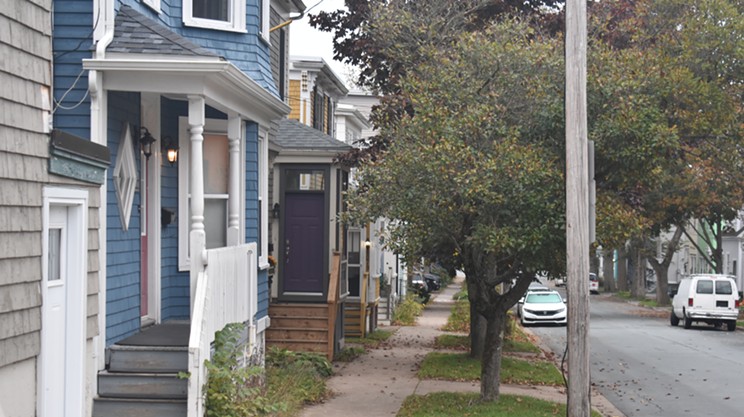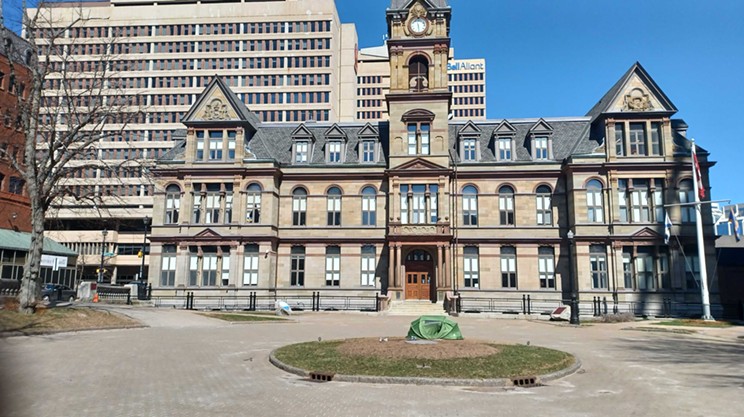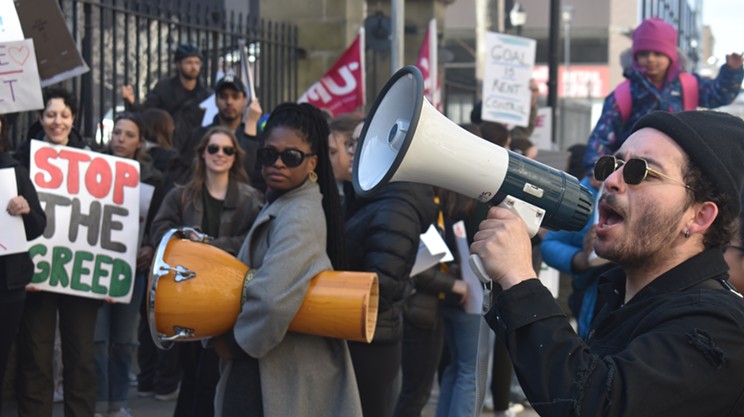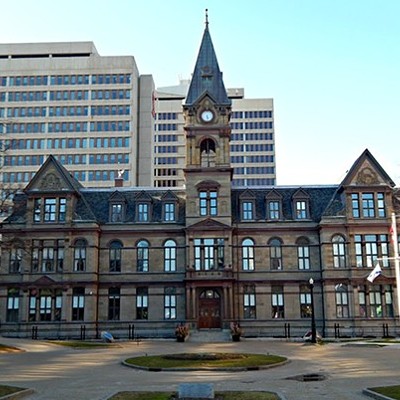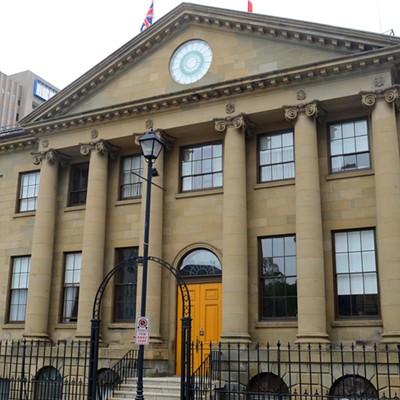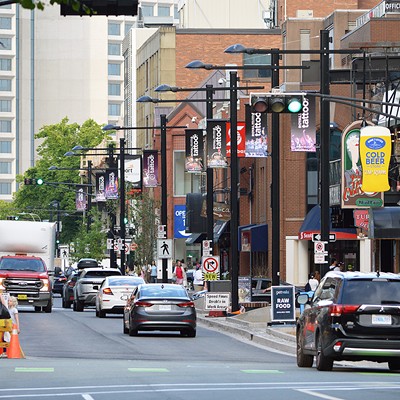Airbnbs and other short-term rental units will soon fall under more stringent regulations in Halifax. On Tuesday night, in the wake of a crowded public hearing, Halifax councillors voted 13-3 in favour of restricting how short-term rentals—homes, apartments or condos rented for 28 days or less at a time—can operate in the region going forward. Those restrictions feature a range of changes, including these two: In residential areas of the city, only an owner’s primary residence can be rented short-term; and the same parking and bedroom limits currently in effect for regular bed and breakfasts will also apply to short-term rentals.
The changes are intended, at least in part, to address the region-wide housing crisis and improve “the availability and affordability of long-term rental housing.” And while council’s Tuesday decision is being celebrated by housing advocates, it has also attracted its share of opposition from landlords.
What do the changes mean?
As of September 2023, Halifax homeowners who run Airbnbs, VRBOs and the like will only be able to run those short-term rental units if they meet one of two conditions: Either those homes, units or bedrooms must be in the owner’s primary residence if they’re in a residential area, or the units must be in a commercial zone where hotels already exist. The new rules also mean residential homeowners with backyard and secondary suites won’t be permitted to lease those suites as short-term rentals anymore. Instead, if an owner still wishes to rent out their secondary suite, the unit must be made available as a traditional long-term rental.
Council’s hope with these changes is to free up housing in its supply-starved long-term rental market. The HRM had a 1% vacancy rate in 2022, per the latest CMHC rental report—a figure that ranks among the lowest in Canada. At HRM council’s Dec. 13 meeting, councillor Waye Mason argued there are “hundreds if not thousands” of units that would return to the rental market with tighter short-term rental restrictions. The numbers suggest that’s true: A 2019 McGill report found short-term rentals had taken as many as 740 housing units off the region’s long-term housing market.
How the public hearing went
Council’s planned changes haven’t come without opposition. Some landlords argued Tuesday night that the restrictions would unfairly affect their livelihoods and retirement plans. Meanwhile, others argued that council’s restrictions ought to extend further to properties in so-called “commercial” zones.
St. Margarets Bay resident Robert Holden, who runs a short-term rental unit out of a secondary suite in his home, questioned the effectiveness of council’s approach in addressing a region-wide housing shortage by restricting short-term rentals. More than 20,000 people moved to Halifax in 2022, he told councillors: “It would seem to me that the problem is a lack of housing and services to keep up with the new population, not so much that short-term rentals are creating an affordable-housing situation.
“You are going to damage people with this policy that have invested a lot of money and they’re counting on this for their retirement,” Holden added. “And you’ve destroyed their retirement.”
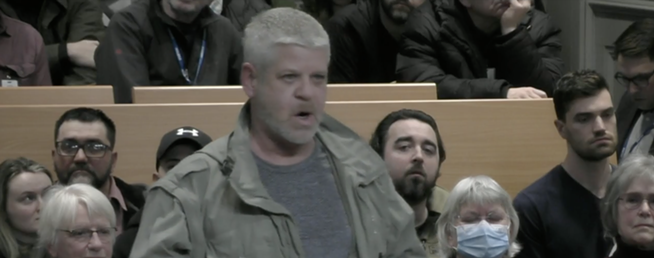
On the other hand, Dartmouth resident Brendan Smith urged councillors to impose the stricter regulations on short-term rentals in commercial areas, rather than exempting those Airbnbs and VRBOs from the new rules. Halifax and Dartmouth’s downtown residents bear the burden for those exemptions, he told HRM council on Tuesday night.
“I’m the only long-term tenant left in our building,” said Smith, who’s lived in a three-unit downtown apartment for the past three years. “And all around me, I see new Airbnbs springing up constantly.
“I’ve been woken up in the middle of the night by vacationing tourists partying on weeknights; I’ve had to clean up garbage strewn all over the street because Airbnb guests often don’t pay attention to garbage regulations. And I know that my own housing situation is precarious, because my unit can be viewed as more lucrative if it was turned into an Airbnb too—and finding another place to live right now feels pretty much impossible.”

What comes next?
Council’s short-term rental changes come into effect on Sept. 1. Regional staff expect that of Halifax’s roughly 2,000 short-term rental listings, about 1,350 will fall under the new residential restrictions.
Mayor Mike Savage and councillors Mason, Cathy Deagle Gammon, David Hendsbee, Sam Austin, Tony Mancini, Lindell Smith, Kathryn Morse, Patty Cuttell, Iona Stoddard, Pam Lovelace, Lisa Blackburn and Paul Russell voted in favour of the short-term rental regulations as proposed. Councillors Becky Kent, Shawn Cleary and Trish Purdy voted against them.



